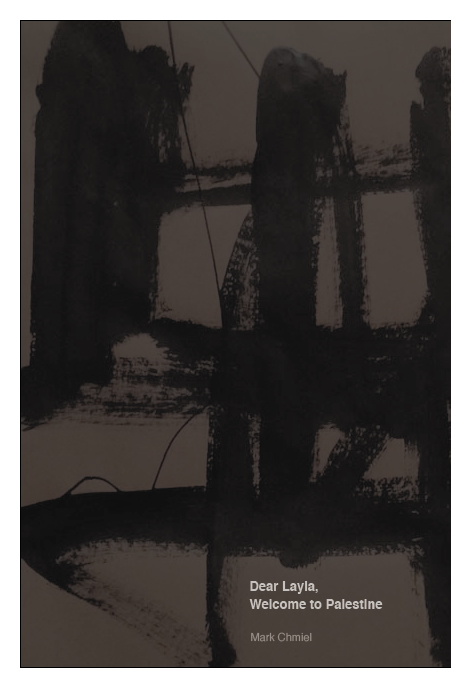Meditation teacher Eknath Easwaran distinguished between two kinds of spiritual reading: instruction and inspiration. While he believes it makes sense to limit your instructions to one teacher/lineage/path, you can fruitfully read from all religious traditions for inspiration.
In that spirit, I offer gleanings from three Japanese Zen teachers I’ve recently encountered. Perhaps one of these passages will speak to you…
_______________________
By meeting what you are faced with right now, though, in this very instant, completely without judgment or evaluation, you can transcend by far all question of cause and effect. You may be working in the kitchen or sweeping the garden or cleaning the toilet or laboring for somebody else, but you do it without consideration of its relative merit. That means simple doing with all your might, becoming one with whatever situation in which you find yourself in this instant. I would like for you to clearly know that there is this other way of living your life.
To believe in your teacher, in your seniors, in the tradition, is in other words, to believe in yourself. You must puzzle out your unripeness.
Again and again I returned to the take-off point; over and over I reiterated my original resolve. I believe that courage is upholding what you have once decided to do and enduring all troubles encountered along the way. To sustain and carry out that original intention—just this, in itself—is real courage.
The root cause for our dismissal of death is, to use Buddhist terminology, the dualistic view of self and other—“That is someone else; this is I.” We tend to be indifferent to anything that we can pass off as not directly affecting our lives in the present—“What has that got to do with me?” Although death is all around us, we regard it as something or somebody else’s death.
I felt so blessed to be with [Zuigan Roshi]. He might scold me unmercifully, call me worthless, and say that I am not to talk in front of anybody, but he always has his eye out to the future of his disciples. I realized that, even faced with my present immaturity, he believed in what I could become in a year, in two years, ten years, twenty years.
Not only in places especially set up for training, but anytime and anywhere, the person who exerts himself or herself with dignity, without worrying about results and without giving in to disappointment, is a true practitioner, a true person of the Way. I believe that just this is the form of true human well-being.
— Soko Morinaga Roshi, Novice to Master: An Ongoing Lesson in the Extent of My Own Stupidity
_______________________
All is revealed as it is now.
All is realized as it is now.
All is enlightened as it is now.
OK!
Bowing to Hakuin’s Stupa at Ryutaku-ji in Mishima
Endless is my vow
under the azure sky
boundless autumn
In the midst of winter
I find in myself at last
Invincible summer.
I will keep my ephemeral body here for a while, so that I may assist in the liberation of all beings.
Louis Nordstrom: How well I remember the bottomless mirth with which he invariably greeted neurotic presentations of self! In his presence, indeed, it seemed crazy to think in terms of “problems” at all. Soen Roshi embodied at all times the penetrating wisdom of “Everything is OK!”
One day, he and his classmates at Hiroshima Junior High School pooled their pocket money to purchase a recording of Beethoven’s Ninth Symphony, which had just been made available in Japan. Overwhelmed by the experience of listening to it, he shivered for three days afterward; throughout his life, he was passionately fond of this and other masterpieces by Beethoven.
—Eido T. Shimano, Endless Vow: The Zen Path of Soen Nakagawa
A student asked Soen Nakagawa
During a meditation retreat:
“I am very discouraged. What should I do?”
Soen replied, “Encourage others.”
—from a Tricycle article
_______________________
[Zenji] said that living a long life without awareness is almost a crime. On the contrary, he emphasized that even if you live one day with a clear understanding of what life is, the value of that one day is equal to many years of living without awareness.
I encourage you. Please enjoy this wonderful life together. Appreciate the world of just this! There is nothing extra. Genuinely appreciate your life as the most precious treasure and take good care of it.
We are so nearsighted that we see only a very small part of the one life. The more self-centered and selfish we are, the less we see.
Being here is my life! Shakyamuni Buddha and I are sitting together, sharing life together, living together, breathing together, counting together, being drowsy together.
You need to do something with your busy mind. By counting your breath you can trim off busy thoughts, rising like bubbles, one after another. Are you practicing with bubbles instead of with Shakyamuni Buddha? By counting your breaths in cycles of ten, all these numerous thoughts are reduced to ten. By following the breath, you reduce it to two, inhalation and exhalation.
—Taizan Maezumi Roshi, Appreciate Your Life: The Essence of Zen Practice
